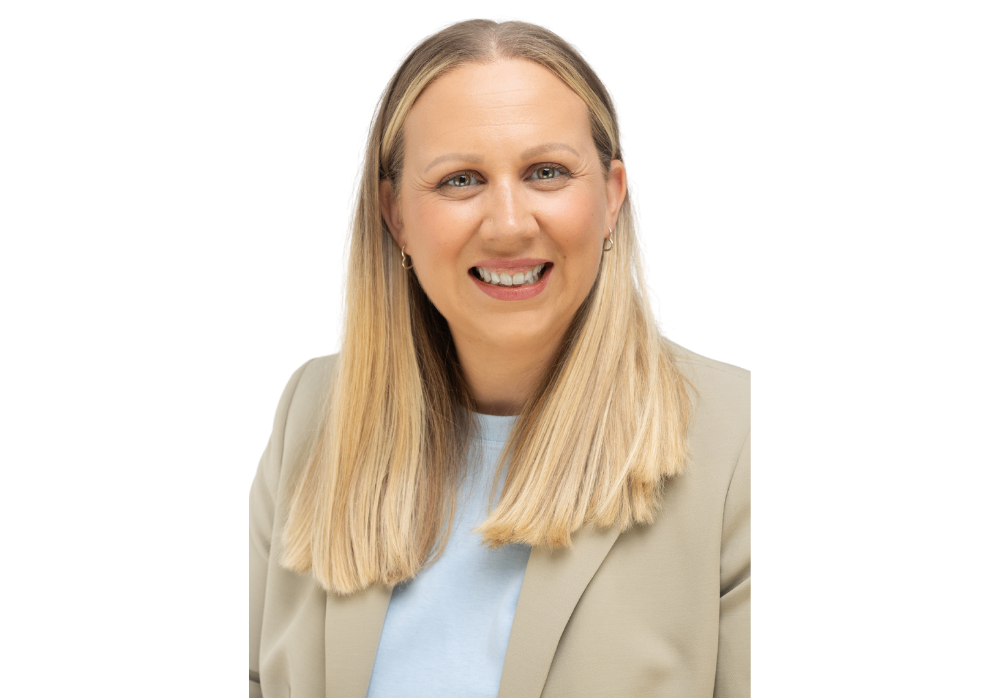Written by Jo Collinson, Head of Mental Health Services
As we celebrate National AHP Day 2025, our Head of Mental Health Services, Jo Collinson, herself an occupational therapist, reflects on the vital contribution Allied Health Professionals (AHPs) make to healthcare across the UK.
AHPs are not just supportive roles. They are highly skilled professionals who deliver expert care, drive innovation, and shape the future of health services.
From diagnostics and rehabilitation to mental health and community care, AHPs bring a breadth of expertise that is essential to a modern, patient-centred NHS. Their roles have evolved significantly in recent years, and their impact on patient outcomes, system efficiency, and workforce sustainability has never been more visible or more critical.
The Evolving Role of AHPs
Historically, many clinical roles were led by doctors and nurses. However, as healthcare has shifted towards more integrated, multidisciplinary models, AHPs have stepped into expanded roles. They bring specialist knowledge and a holistic approach to the forefront.
For example, MSK specialist physiotherapists can now undertake additional training to prescribe pain and anti-inflammatory medications and administer cortisone injections. This enables patients to receive comprehensive care in a single appointment, reducing waiting times, easing pressure on GPs, and avoiding unnecessary referrals to orthopaedic specialists. It is a smarter, more efficient way to deliver care.
The COVID-19 pandemic was a turning point. AHPs played critical roles in respiratory care, vaccination delivery, hospital discharge planning, and long COVID rehabilitation. Their adaptability and professionalism during this time highlighted their essential contribution to the health service and opened up new opportunities across the system.

Why AHPs Are Central to the Future of Healthcare
Healthcare works best when patients see the right clinician at the right time. AHPs make this possible. Their diverse skillsets mean they can address a wide range of needs, often more appropriately and efficiently than traditional pathways.
In children’s community services, for instance, a referral might go to a paediatrician when the real issue is communication. A Speech and Language Therapist is often the best first contact, ensuring timely, targeted care and freeing up paediatrician appointments for those who truly need them.
Professional identity matters. Roles should be open to nurses, AHPs, and social workers, but individuals must retain their titles. A Community Mental Health Occupational Therapist brings a distinct perspective that should be recognised, not diluted under generic job labels.
As demand for healthcare grows, driven by an ageing population, increased awareness of health conditions, and more babies surviving with complex needs, AHPs are essential. Whether supporting development in NICU, aiding stroke recovery, or conducting neurodevelopmental assessments, AHPs improve outcomes, reduce reliance on social care, and maintain patients’ dignity and mental wellbeing.

The Value of Locum AHPs
Locum AHPs are a powerful asset to the health service. They are highly skilled, adaptable professionals who bring experience from a variety of settings and can integrate quickly into new teams.
Traditionally, locum roles were dominated by doctors and nurses. Expanding the MDT to include AHPs boosts efficiency. In A&E, for example, Occupational Therapists can prescribe equipment and assess transfers, while Physiotherapists can evaluate mobility and provide aids. This can prevent unnecessary admissions and ensure patients leave with their needs met, rather than waiting for community support.
Locum AHPs bring flexibility, innovation, and a fresh perspective. They are an essential part of a responsive and resilient healthcare workforce.

AHPs as Leaders of the Future
AHPs are innovative, creative, and solution-focused. These are exactly the qualities healthcare needs right now. While more senior leadership roles are emerging, many top positions remain nursing-led. It is time to advocate for AHPs in strategic decision-making roles.
AHPs lead with compassion and therapeutic insight. They are used to evidencing their impact, navigating complex systems, and advocating for their profession. These are the qualities of strong, effective leaders, and they are already embedded in the AHP mindset.

A Message for National AHP Day 2025
"I love being an AHP, and I believe it is time we shout about the value we bring to the MDT. Our professional bodies must advocate for our skills, clinical reasoning, and holistic thinking.
Let’s say: As an AHP, I can do that.
Let’s challenge the system.
Let’s speak up.
Let’s celebrate the difference we make, to our teams, our patients, and the future of healthcare."



